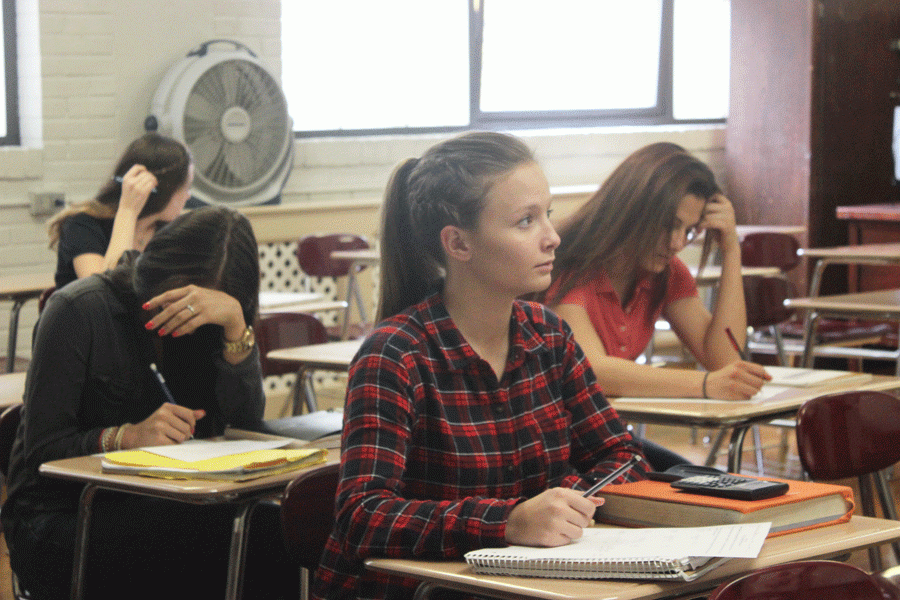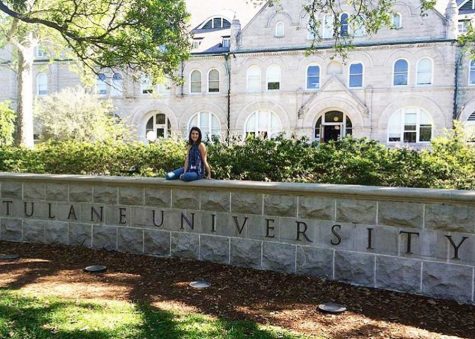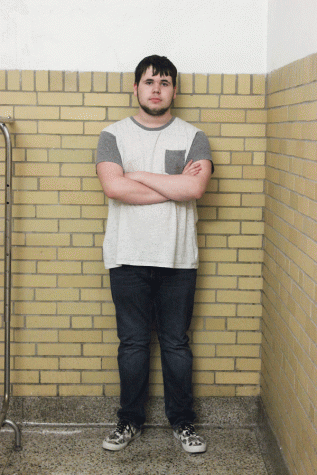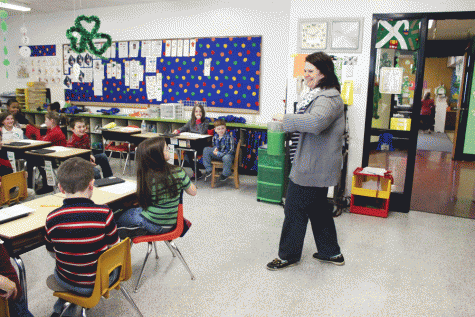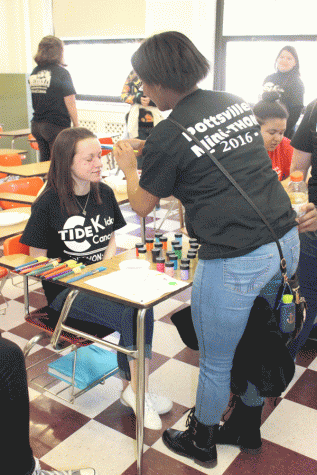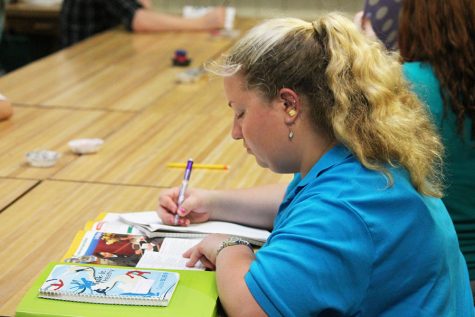National Honor Society and grading scale changes surprise students
Imagine a student putting in the extra hours and taking AP and honors classes, sacrificing time and sleep, just to end up 21st in the class and miss National Honor Society as a senior.
That terrible feeling that student just had, when his heart fell into his stomach, will be no more for the class of 2020 and all those who follow after they are introduced to the high school.
“We have to start with the incoming freshmen and do a clean sweep to be fair. The honor society will be a representation of the size of each class instead of a set number for classes of different sizes,” Dr. Jeffrey Zwiebel, superintendent, said.
The new setup of the honor society will allow juniors in the top five percent of their class and seniors in the top 10 percent of their class to apply.
“The committee set up to change this took input from Ms. [Tiffany] Reedy, and we agreed that percentages are the fairest way to go about National Honor Society,” Dr. Zwiebel said.
Self-nomination forms have not been released yet but will be due in October.
“I love the idea of being able to nominate myself instead of worrying about being in the top 10. This will motivate me to get better and to apply myself to the fullest,” eighth grader Elizabeth Hahner said. “It is a big change, but sometimes change is good.”
According to the course selection booklet, administration and school counselors will consider factors such as community service, leadership (in or out of school) and overall character.
The committee, made up of Dr. Zwiebel, Ms. Reedy; Mr. Jeffrey Godin, assistant principal; Ms. Ellen King, school counselor; Ms. Anne Marie Shadler, athletic office secretary; and school board members Mr. Pat Moran, Dr. Christina DiCello and Ms. Karen Rismiller approved the amendment and brought it to the school board in the fall.
“After careful review and reaching out to multiple institutes of higher learning, we determined that we need to bring our grading policies more in line with what our students will face once they move on to a college or a skilled trade program,” Mr. Moran said.
Along with the National Honor Society changing, the grading scale is being altered for the incoming freshmen. The new range will bring pluses and minuses back into the GPA equation. An A+ will be a 97-100, an A will be 93-96 and an A- will be 90-92 according to the new system.
“Creating a general 90-100 A would have created problems; it wouldn’t have differentiated between the students who work really hard and the bare minimum students,” Dr. Zwiebel said.
Students will not be able to simply shoot for an 85% or a 94% and call it a day; their barely-there scores will show on report cards and transcripts.
“I normally push myself to get a minimum A, so I can imagine it being much more difficult to have to push myself to get an even higher A,” senior Aislinn Lehane said. “It would be a constant cycle of ‘you can do better.’ That change will probably be motivational for younger students, but I’m glad it isn’t a change for all classes because I don’t know if I’d be able to adjust quickly enough to keep my grades where I want them.”
This new system considered scales from other schools’ systems, including Blue Mountain Area’s and Hamburg Area’s, as well as others.
“We didn’t want to do this haphazardly, so we went through multiple scenarios,” Ms. Reedy said. “We looked at other school districts in the county and elsewhere that we thought were good examples to consult. We came up with 10 pseudo students and compared their performance on the old system versus on the new system.”
Another issue is brought up when one realizes that graduation year does not generally segregate classes one can take; one class, like health, can contain both seniors and freshmen.
“Skyward is set up so there can be different groups within one class. With [common classes], the grading scale will be different for the different grade levels of students until the older students filter out,” Ms. Reedy said.



